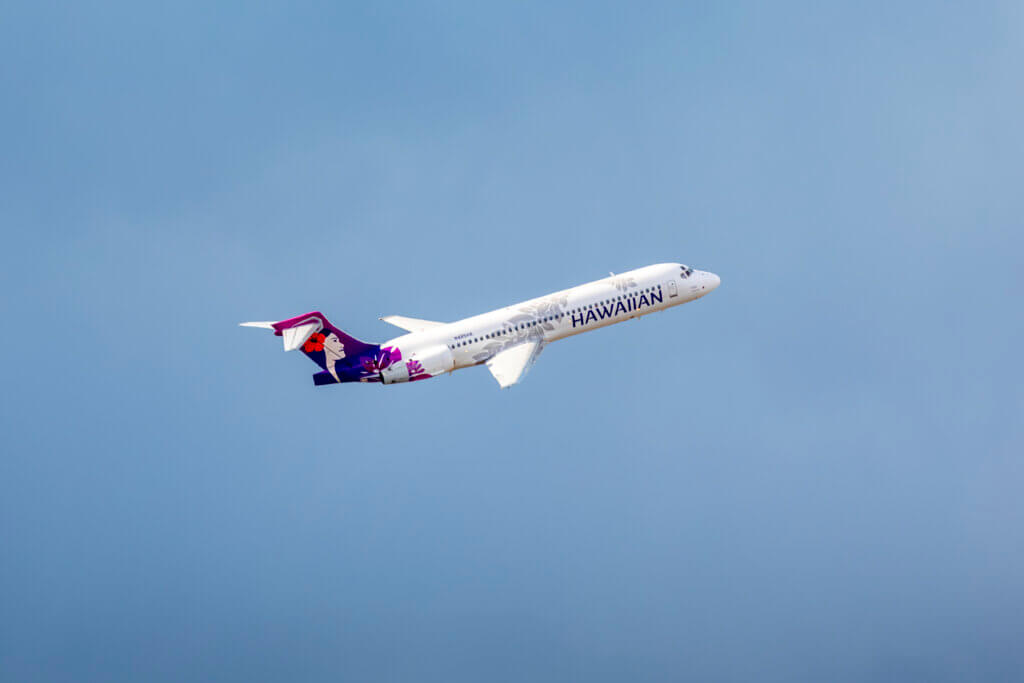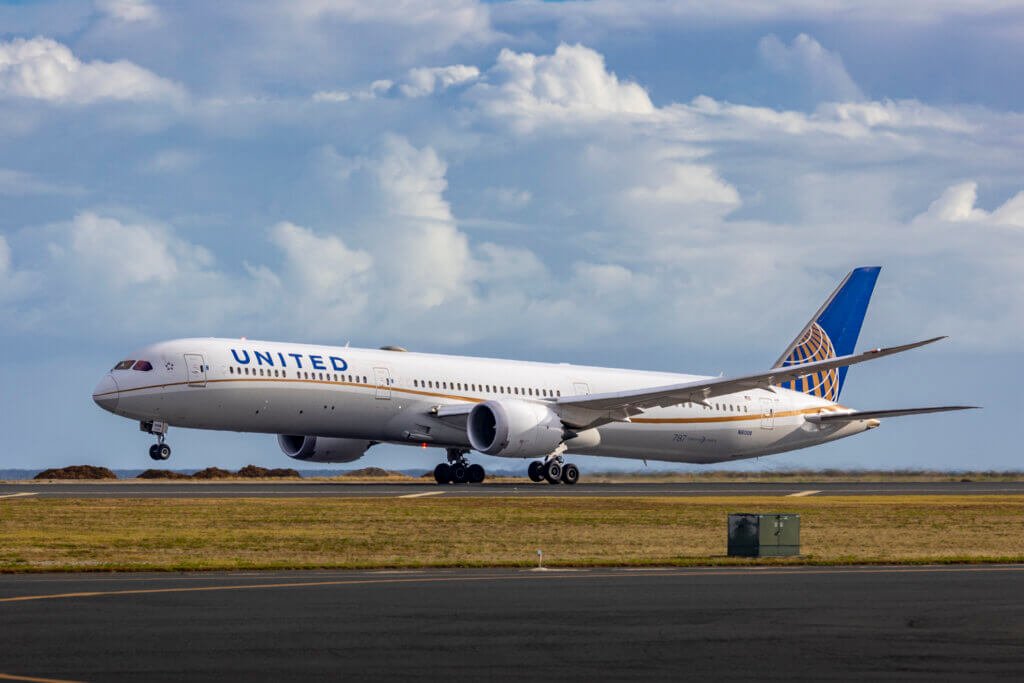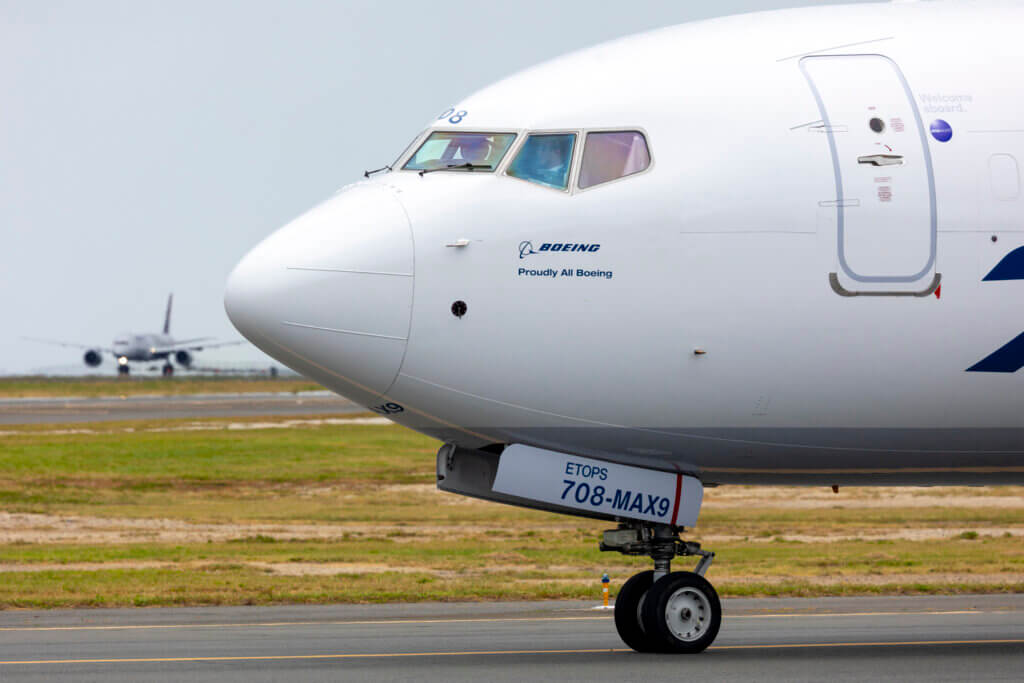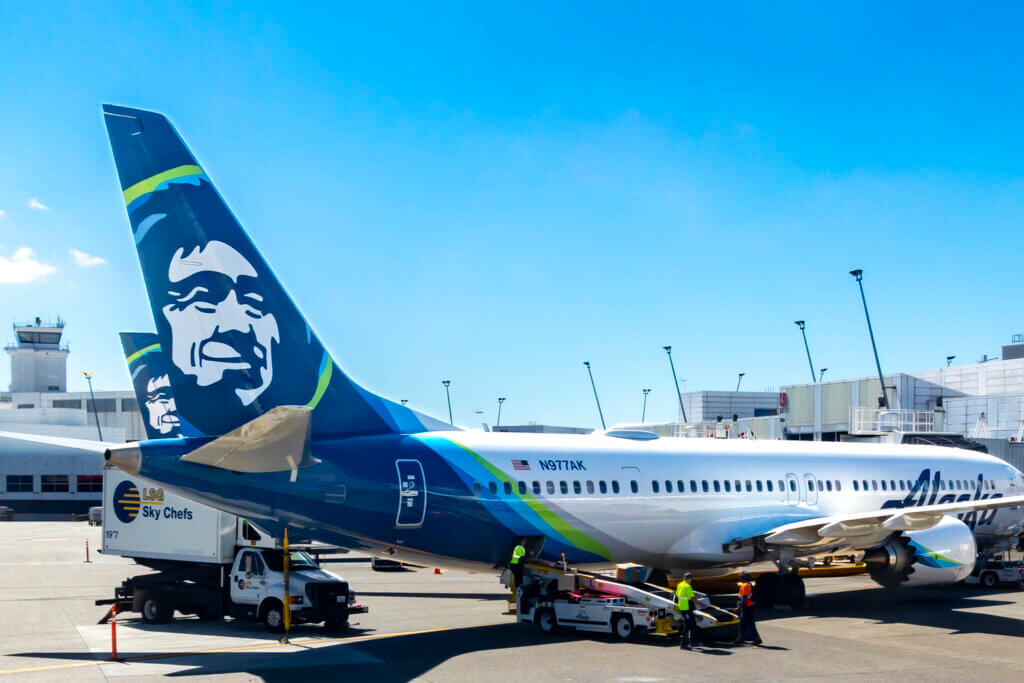Since the Alaska-Hawaiian merger is still pending, I’d like to take this time to go over some updates I’ve seen, along with some bad takes other bloggers and “journalists” are spouting out there. Suffice it to say that I’m still confident that the merger will close. Now, it’s just a matter of when, really.
It’s been a couple of weeks since the Department of Justice’s (DOJ) review period lapsed with virtually zero fanfare. After the DOJ requested several review extensions, the whole thing was extremely anticlimactic. That’s a good thing, as it means that they have no objections to the combination – at least, they don’t have the legal grounds to block it. Of course, that left one more hurdle in the process – Department of Transportation (DOT) approval. However, the Alaska-Hawaiian merger is still pending as the DOT continues to review the two airlines’ exemption requests. It’s a process that has traditionally taken very little time, though that no longer appears to be the case.
The Alaska-Hawaiian Merger is Still Pending
As we all know, the Alaska-Hawaiian merger is still pending. Why? Well, it seems that the DOT is being very thorough in its assessment of whether the combination is “in the best interest of the traveling public” or not. Apparently, this process includes speaking with officials in communities that the merger will most impact and ensuring their concerns (if any) are addressed. However, unlike the DOJ review, the DOT isn’t subject to any deadline. As a result, one Hawai’i-based airline industry predicts that the DOT review could take a few months to complete.
Of course, other airlines may also make comments during the DOT review period. United did just this last week, causing Hawaii News Now to run the following headline: Alaska-Hawaiian merger could hit new delay after major airline expresses concerns to feds.
That’s a pretty click-bait headline if you ask me. Yes, United raised concerns about the merger. However, its concerns centered around its ability to sell codeshare flights on Hawaiian for travel in Hawai’i after the merger closes, not about the fairness of competition. This is wholly about a business arrangement that United sees as beneficial and one it wants to see preserved. As such, this should have minimal (if any) impacts on the DOT’s decision – they won’t care if United passengers can earn United Miles on Hawaiian flights. It’s also worth reminding that United used to partner with Hawaiian’s main competitor for this – Aloha.
If any comes of United’s objection, it’s that Alaska may be forced to continue honoring United’s agreement with Hawaiian for a certain amount of time. But that’s certainly not something that will derail or significantly delay the proceedings.
Show of Support
What I do find interesting is the supporting voices the Honolulu Star-Advertiser reported in its article on how the Alaska-Hawaiian merger is still pending. By now, it’s no secret that Hawai’i Governor Josh Green is in support of the acquisitions, as is our Attorney General. Both see it as a way to preserve a beleaguered local brand that has a questionable future on its own. Remember, Hawaiian was already showing signs of financial stress before the pandemic – you know when Southwest Airlines swooped into the islands.
In fact, Hawai’i officials spoke directly with DOT officials to support the merger while also discussing concerns they had already addressed with Alaska Airlines officials. Those concerns include:
- The role affordable interisland travel plays in the lives of (Hawaii residents), including access to health care, advancing education, connecting families, and moving cargo.
- The importance of preserving interisland flights at an affordable price.
- The concern that Alaska Airlines would repurpose Hawaiian Airlines Airbus jets and use them to replace Boeing jets on routes that do not serve Hawaii.
Allegedly, the above points were already addressed by Alaska Air officials, and I suspect at least some of them will be included in the demands the DOT will inevitably make.
Beyond government support, it appears that Alaska and Hawaiian have earned the support of their major unions, too. In fact, the following unions submitted testimonials in support of the merger:
- Air Line Pilots Association
- Aircraft Mechanics Fraternal Association
- Association of Flight Attendants-CWA
- International Association of Machinist and Aerospace Workers
It’s interesting to see the AFA-CW coming out in support of the merger, especially since they remained locked in heated negotiations with Alaska’s management for a new contract, even more so after their first contract failed to garner rank-and-file support. However, it’s clear from their testimonial and that of the other unions that they see the merger as the best way forward. Again, both airlines are in trouble – Hawaiian is struggling to remain solvent, while Alaska has Delta breathing down its neck on its home turf. This combination gives both their best shot at remaining relevant in the long term.
Bad Takes
Since the Alaska-Hawaiian merger is still pending, it’s given “experts” time to mull the legitimacy of what’s going on here, especially given what happened with Spirit and JetBlue. What’s funny is that these “experts” either don’t provide any arguments to back up their take or fail to recognize key differences in the two situations.
One such instance came from Rich Thomaselli of TravelPulse. Rich likes to tout his 40 years of journalism experience with publications such as USA Today and the New York Times. However, he states (and I quote):
A JetBlue merger would prohibit customers from a competitive option in the marketplace. Alaska and Hawaiian have two different cultures and very few overlapping routes.
I get the logic; I might not like it, but I do understand it.
But by that same thinking, you’re saying that McDonald’s and Burger King could never merge, or Coke in Pepsi, because there would be little to no competition for consumers. You can’t tell a company how it should run its business. However, the Biden administration has already shown that it is very anti-business.
Frankly, it sets a bad precedent to approve one merger and deny another.
You said it right there. Alaska and Hawaiian have very few overlapping routes, while the JetBlue merger would reduce competition. This is especially true as JetBlue planned to fully integrate Spirit’s assets into it, reducing capacity on its aircraft with JetBlue’s superior onboard experience and charging the prices it customarily did, which are higher than what Spirit did. Hawaiian and Alaska have very similar products and pricing. This merger isn’t eliminating a lower-cost option in favor of a higher one. In reality, his piece seems to be making a political statement. But, hey, thanks for licensing my photo!
Then we have Kyle Steward of Live and Let’s Fly. He says it doesn’t make sense that Alaska-Hawaiian got (tacit) approval from the DOJ while JetBlue-Spirit got blocked because Alaska-Hawaiian would have more dominance on certain overlapping routs than JetBlue-Spirit would have. He, too, fails to appreciate what the DOJ said in its arguments and what I stated above – JetBlue would take Spirit’s assets and turn them into JetBlue, eliminating a competitor and increasing costs in these markets.
In fact, in his ruling, Judge William Young states, “The proposed merger has the potential to increase prices for customers in two ways: 1) with the elimination of Spirit from the market, consumers would no longer have Spirit’s low prices as an option; 2) with the elimination of Spirit from the market, consumers would no longer benefit from Spirit’s downward pressure on other airline’s prices.”
Did Kyle forget this part of the argument? Yes, Kyle does go on to wonder if that was still the wrong take since both JetBlue and Spirit are struggling to survive, and if either fails, then competition and choice would be reduced anyhow. That’s undoubtedly true, but there’s no guarantee that either will fail. And while I don’t know enough about their finances for me to give an opinion, Hawaiian most certainly has no way out of its current predicament.
The Alaska-Hawaiian Merger is Still Pending, Final Thoughts
Though the Alaska-Hawaiian merger is still pending, I remain confident that it’ll go through – it may just take a little longer than we anticipated to clear all of the regulatory stuff. I have no doubt in my mind that the DOT will give its blessing, though I expect them to include some mandates, such as preserving current levels of service (aircraft size and frequency) for intra-Hawai’i ops. After all, there is nothing that stands out to me that would cause too much concern.
Sure, there are certain routes that will see Alaska and Hawaiian achieve dominance (or monopolies), though this is already the case on some today. But that’s based on normal market forces. Either airline saw a niche that it could serve, and no one else has stepped in to compete with them, likely because they either can’t make the route work and/or don’t see enough demand to do so. In either case, there are usually other options available, though they may be slightly less convenient.
At any rate, while I’m getting impatient that the Alaska-Hawaiian merger is still pending, as I said earlier, I do continue to think it’s for the better and that it will happen.




